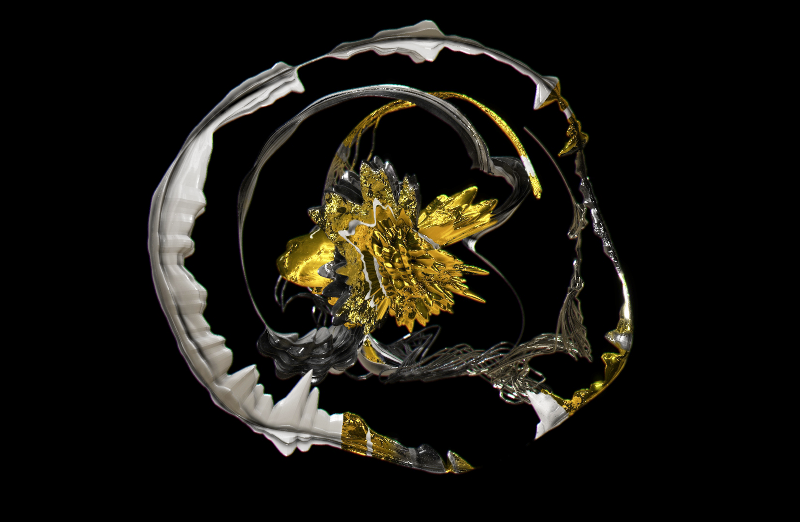Computers beat people at chess, diagnose illnesses, operate vehicles, and are preparing to automate lots of human labor. Will they also take over art?
Time will tell what happens in the long term, but here’s what’s happening now.
Google’s Trippy AI Paintings
DeepDream is a computer vision program by Google engineer Alexander Mordvintsev. It uses a convolutional neural network to find and bring out dream-like hallucinogenic patterns in images. Trees evolve into quaint buildings, mountains turn into pagodas, and a blue sky becomes full of imaginary birds. Some of the work by this AI system has been sold for more than $80,000 at auction.

Mubert’s Infinite AI-Generated Mixes
This artificially intelligent music generator surprised electronic music fans by being solid competition to the standard internet radio stations and custom playlists. Mubert is working on a special algorithm that observes the rules of music theory to produce music in styles like deep house, trap, chillstep, and ambient . Every song it creates is unique and specific to the user — this AI music generator is talented!

See Sound: A Voice-Driven Digital Sculpture
See Sound is a tool created by a London-based creative agency The Mills. It turns the human voice into digital graphic image, converting voice modulations into shapes on a screen. It considers timbre, pitch, volume, dissonance, and attack to create a “vocal fingerprint” that is also a multi-track loop of audio. Now anyone can create beautiful sculptures and music compositions. Check out how it works.

Aaron, the AI That Creates 1970s Style Abstract Paintings
Aaron’s colourful pieces would definitely get noticed in a gallery. It works in digital format, but inventor Harold Cohen also built an analog painting machine that brings ideas of the program on canvas. The artist himself, Harold got interested in programming in the late 1960s when he thought to automate the whole artistic process. “The machine had become a world-class colorist. It is much more adventurous in terms of color than I am,” admits Cohen.

Google AI Again: Sad Poetry
Google fed its AI with over 11,000 unpublished books, 3,000 of which were romance titles. As a result, it learned to write surprisingly mournful poetry. To set up a topic for each poem, team gave the system two sentences from a book. It was then up to the AI to create a verse based on the available information. And here’s one of them.

A I–Generated Movie Script
In 2016, filmmaker Oscar Sharp and AI researcher Ross Goodwin decided to produce a script that had been written by software. The result was the bizarre short movie Sunspring starring Thomas Middleditch of Silicon Valley fame. The AI still has some problems creating coherent stories, but it managed to clearly convey a sense of intrigue and romantic tension between the main characters.









